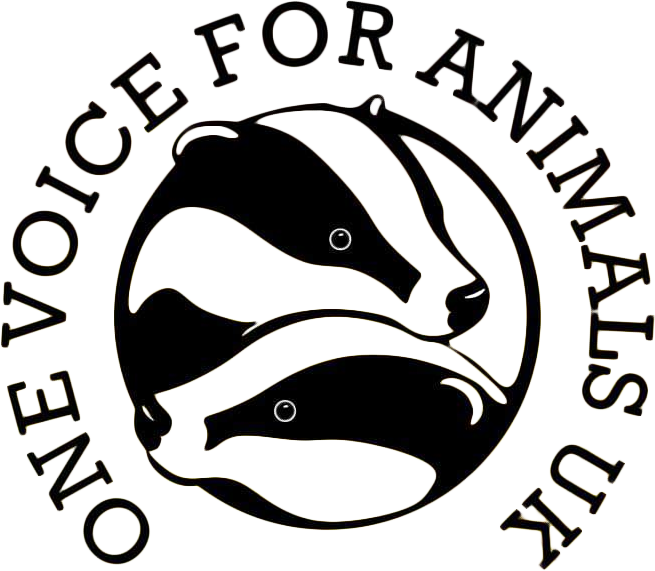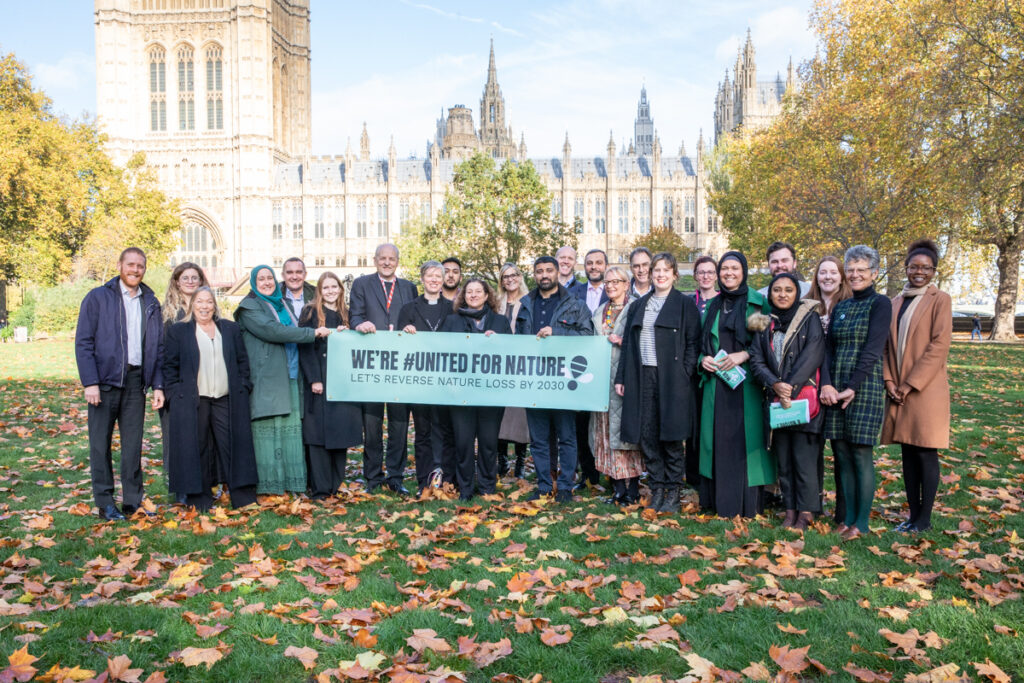
17,906 others have signed our nature petition, will you take action today?
“I’m calling on the Government to reverse nature’s decline by 2030. We need everyone to sign this petition to make this Rishi Sunak’s top priority.
Our countryside and beloved species are in danger. The UK is one of the most nature-depleted countries in the world and, shockingly, we don’t have the laws in place to reverse this trend.
We need a new, strong, legally-binding nature target to ensure that we restore the natural world we all love. It’s time to stand United for Nature—but I need your help.”
Dr Mya-Rose Craig
Birder and environmental activist
Join Hugh Fearnley-Whittingstall, Dr Mya-Rose Craig, and 17,906 others and sign our nature petition, calling on the Prime Minister to set a legally-binding target to reverse nature loss by 2030.
-
Click to read the petition to Rishi Sunak
Dear Prime Minister,
As you said at COP27, there’s no solution to climate change without restoring nature. You’re right—and our beloved British countryside needs your help. Far from being a green and pleasant land, the UK is one of the most nature-depleted countries on Earth, placing our future prosperity, food security and net zero plans in jeopardy.
We are very disappointed to learn that the Government’s new environment targets, published on 16 December, will not be strong enough to restore nature or protect us from climate change. These targets could mean that—by 2042—British wildlife could be in a worse state than it is today.
We must protect the abundance, diversity and distribution of animal, plant, fungal and microbial life—as well as the size, health and integrity of habitats and ecosystems. As your nature advisors have said, we need to update our laws so that nature is visibly and measurably on the pathway to recovery by 2030.
We know that the Government has high hopes for nature’s restoration. You’re calling for urgent investment in solutions to halt and reverse the decline of biodiversity by 2030. The Environment Secretary, Thérèse Coffey MP, wants to see the decline in species populations not only halted, but reversed. And a group of 2,000 politicians—including Conservatives from across the nations—have signed the Nature and Climate Declaration, calling on you to reverse biodiversity decline by 2030.
We ask you to put into action these intentions and seize this last, best chance to be a world leader for nature. You can do this by locking the UK’s nature positive ambition—which the Government championed at a global level at CBD COP15—into national legislation.
Will you set a legally-binding target to reverse nature loss by 2030, against a 2020 baseline?
This campaign has ended, thank you for your support, please see the latest actions you can take →
Take Action
Supported by organisations including:

































